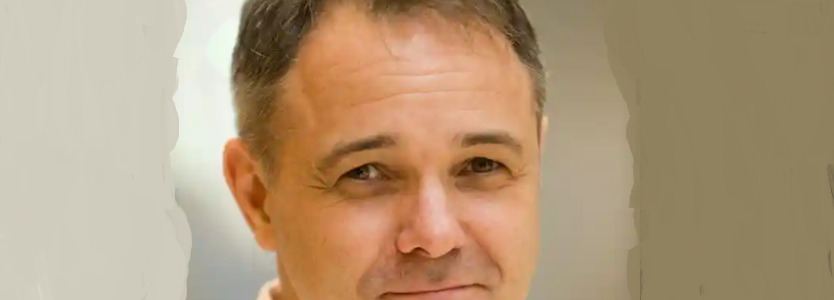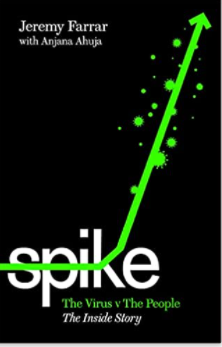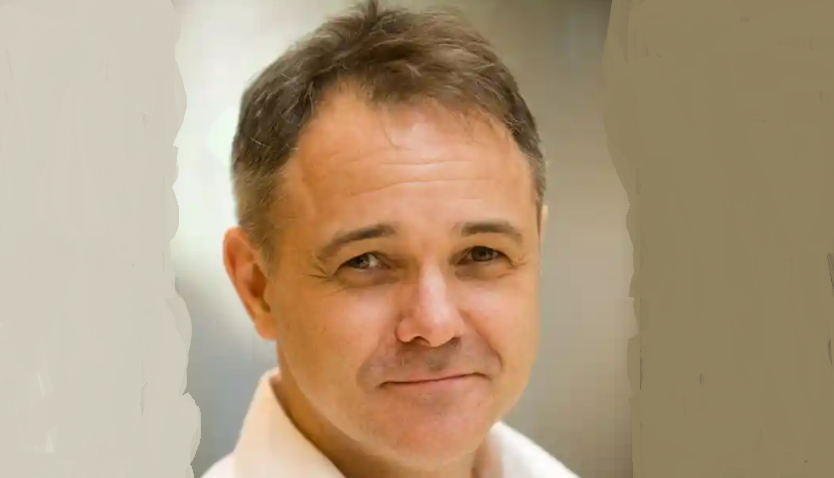
World leaders who ignores the science should address inequalities to fight the virus



The Darkest hour of Pandemic arrived on September 21, 2020 for Jeremy Farrar, a global expert in infectious disease control, one of the UK’s leading scientists, head of the Wellcome Trust, and a member of the SAGE emergency committee, describes how it feels as one of the key scientists at the sharp end of a fast-moving situation, when complex decisions must be made quickly in a democracy amid great uncertainty. Farrar, has spent his career on the frontlines of epidemics including Nipah virus in Malaysia, bird flu in Vietnam and Ebola in West Africa, reflects on the wider issues of Covid-19 the breath-taking scientific advances in creating tests, treatments and vaccines, the challenge to world leaders to respond for the global good and the need to address inequalities that hold back success against the virus. British Prime minister Boris Johnson had urged the lifting of the lockdown in May, amid general optimism that the worst of the pandemic is over, pubs and restaurants opened their doors in July, then Rishi Sunak launched his “Eat Out to Help Out” scheme, dubbed by critics as “Eat out to Help the Virus Out”.
By the time SAGE (Scientific Advisory Group for Emergencies) meeting on September 21, infections were doubling about every week, even before school reopening impact said “ A package of interventions will be needed to reverse this exponential rise in cases”.
The measure suggested included short lockdown, a circuit breaker. The government by their actions, their policy was not to follow the scientific advise – we’ll say we will, but we won’t”.
Farrar had no doubt that government reluctance to act led to preventable deaths, “as the government remained rooted to the spot, transmission was already getting away from us. It was a catastrophic playing out in slow motion”.
Spike is the insider’s account- a scientist version of Defoe’s A Journal of the Plague Year – of how the pandemic was, and should have been handled and exposes the amplified inequalities of the society: the greater the deprivation, the greater the loss of life from coronavirus. The book written in the first person as the voice of Farrar with a collaboration from Financial Times’s writer Anjana Ahuja.
Farrar had good grounds for frustration that his advice was ignored.
As the first reason for government’s failure to act at the beginning of pandemic from January 2020 was lack of understanding of the urgency, with exponential growth infection, the days, hours, mattered very much. On January 23, 2020, Carter Mecher, a US epidemiologist said “ we are not going to be able to outrun it” and advised targeted layered containment.
It meant extreme lockdown, Farrar along with others close to decision making thought it might be acceptable in China, but it could not be done in Europe. Italy did it by March 10, Sage concluded UK would have follow Italy and lockdown irrespective, but the government initially refused to budge.
The Prime minister’s libertarian instincts on March 11. was “perhaps to take the virus on the chin, take all in one go” although later he had retract and said that more had to be done. Farrar was critical about the idea of taking on the chin, or developing some form of herd immunity . A simple modelling by Imperial College suggested perhaps 510, 000 deaths, as natural herd immunity as strategy is scientifically and morally indefensible.
On March 10, 2020, Sage recommended immediate, urgent and complete lockdown, there were 113, 702 known global cases of Covid-19 on July 19 2021, the day prime minister labelled “freedom day” and lifted all remaining restrictions, there were about 45, 000 new daily cases in England alone, although majority of adults have had at least one vaccination, but hospitalisation were rising and so will deaths and there will be more cases of long covid, it looks like herd community is back in the frame.
Countries that better controlled the pandemic had a smaller economic hit.
Spike: The Virus v The People – The Inside Story by Jeremy Farrar with Anjana Ahuja, Profile £14.99, 272 pages
